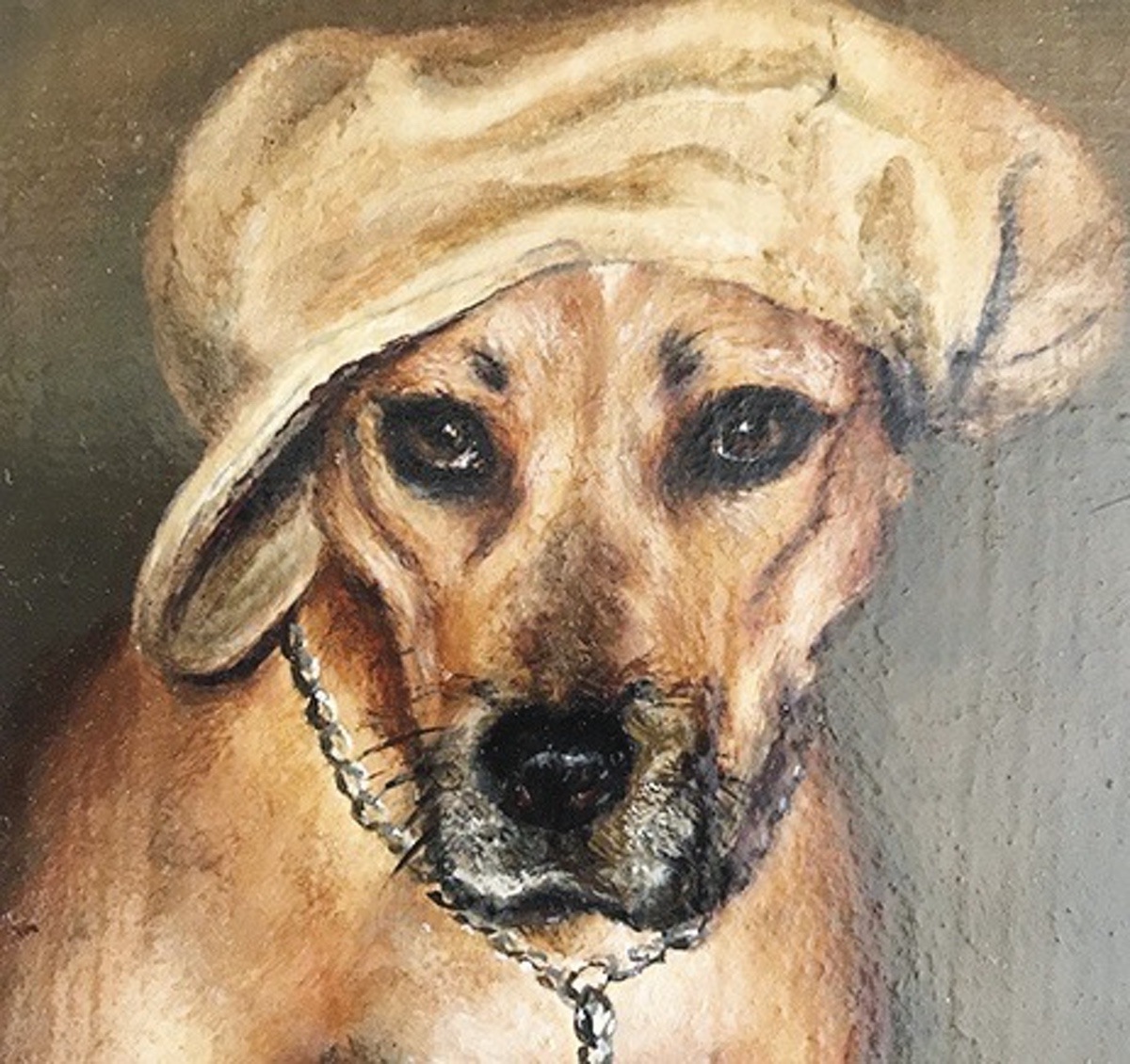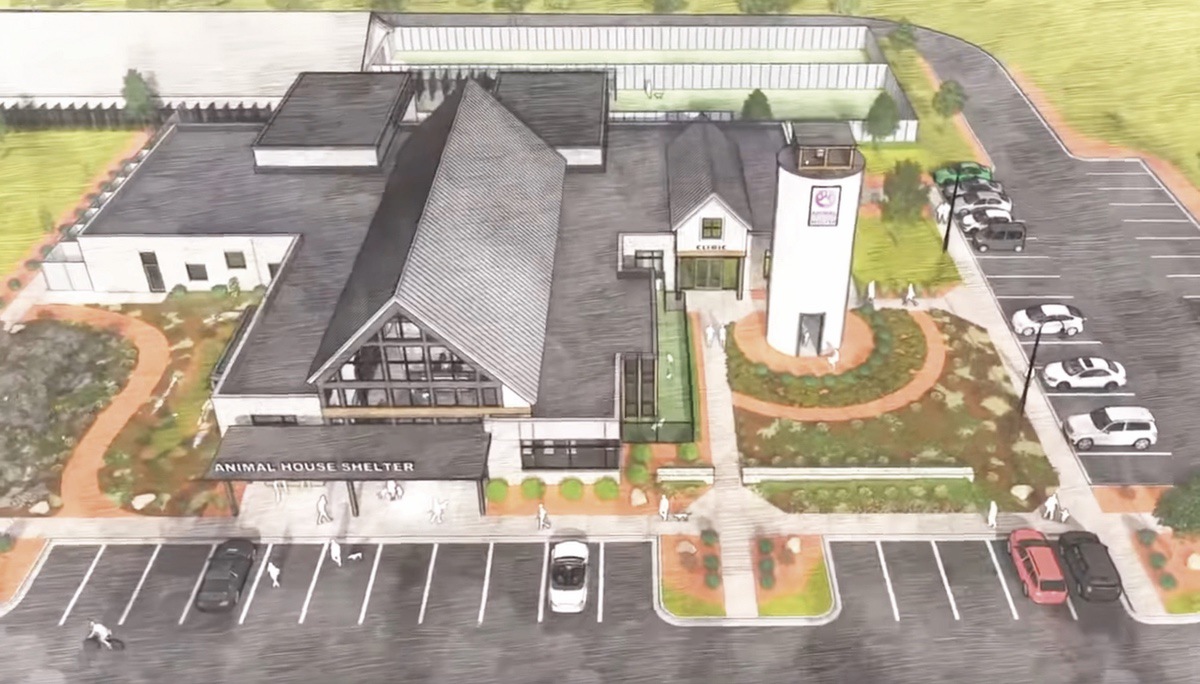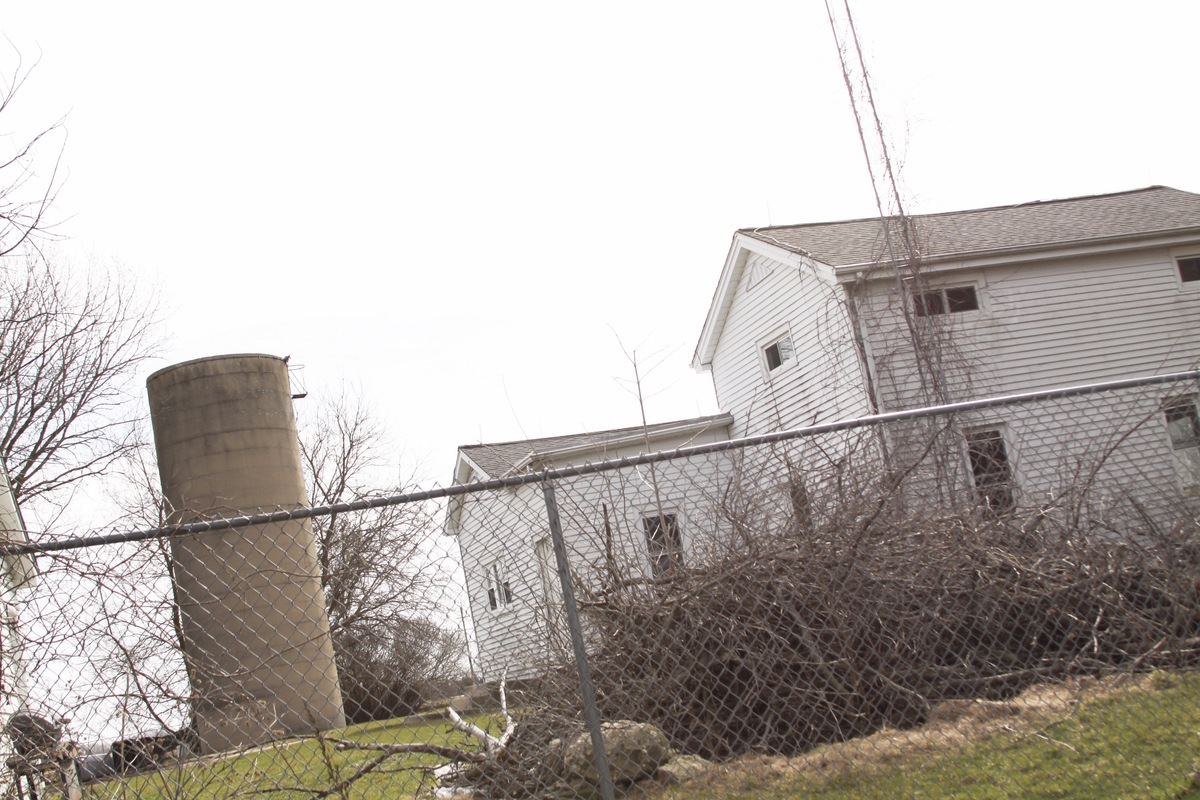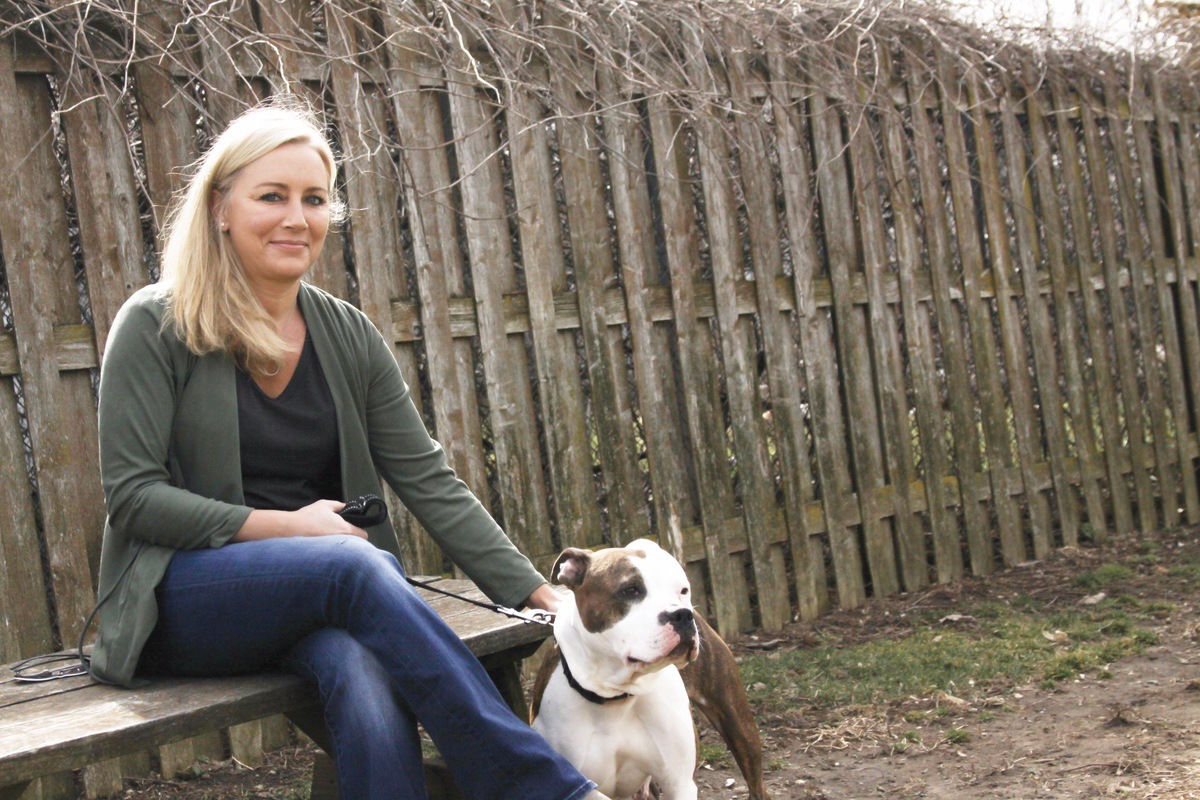HUNTLEY — On a summer break from attending college at the University of Illinois in Urbana-Champaign in 1996, then-Barrington resident Lesley Irwin, received a frantic phone call from a former high school classmate that would result in a remarkable turn of events for the Animal Science major.
Irwin’s friend had just witnessed a dog being thrown out of a moving vehicle on Lake Cook Road in Barrington. The terrified canine was a six-month-old female American Staffordshire Terrier that Irwin ended up adopting after the dog was treated for its injuries at a local vet. The newly named Kiley not only accompanied Irwin to her senior year of college but also changed the trajectory of Irwin’s career path.
After completing the necessary 501c3 paperwork, Irwin launched Animal House Shelter (AHS), a nonprofit, no-kill animal shelter for all breeds of dogs and cats, at the age of 25. While AHS originally began in Barrington, Irwin moved the shelter to Huntley in 2005 to accommodate the growing number of cats and dogs AHS was taking in.

A portrait of Kiley, the first dog Irwin rescued that started her on the path to creating Animal House Shelter and later rescuing over 65,000 dogs and cats. (Photo provided)
Since being founded in 2002, AHS has rescued over 65,000 animals, with calls to take in rescued animals coming from Oklahoma, Texas, Tennessee, Kentucky, and Southern Illinois just to name a few locations.
AHS is known for its commitment to animal welfare. Irwin explained that interested adopters are required to fill out an application to first assess the individual, their family, and their home.
“We follow up with phone calls after the animal is adopted to make sure everything is going well. We also tell the adopters when they are at the facility to call or email us with any questions/problems,” Irwin told My Huntley News. “We are a secondary backup on all animals’ microchips in case the owner can’t be contacted and we need to keep the animal safe until they can come get them. It’s also in our contract that we need to be contacted before an animal adopted from us has the possibility of being euthanized and we take our animals back no questions asked if the adoption is not working out.”
Currently, AHS utilizes six different local veterinary clinics to keep up with the medical needs of all rescue animals received. However, that has become time-consuming and costly for the shelter, which prompted AHS to begin an expansion project with the help of private donations.
“The funds raised towards the shelter expansion will help us build our first very own vet clinic. This will not only help all the animals we rescue and decrease our costs on medical care per year but it will also provide low-cost spay/neuters, vaccines, and microchips for those in need in surrounding communities so low-income families can afford to keep their furry family member in their loving homes,” said Irwin.
In addition to an on-site veterinary clinic for not only residents but for other animals in communities across the Northwest suburbs, the AHS expansion project hopes to add additional kennel space, a child education center, 10 bonding rooms for families to meet with potential pets, sanctuary rooms for long-term rescue pets, additional indoor and outdoor exercise yards for dogs, and an added volunteer center.

Above: Architectural rendering of AHS’s new facility, located where this old farmhouse (below) stands on the property today. (Rendering provided, photo by Chris LaPelusa/My Sun Day News)

“We are holding more fundraising events than we have ever done per year to bring in extra donations. There are seven large events and more than 50 smaller events going on throughout the year along with online campaigns and [a] mailed newsletter to support our capital campaign,” said Irwin.
As AHS continues to celebrate many milestones, they emphasize the ongoing need for support. Donations, volunteers, and foster families are always in high demand at the shelter.
“We take in the worst cases of abuse and neglect and need the community’s help with donating towards their medical needs. That is always our biggest need. We also need volunteers at the shelter [to help] out with our fundraising events, fostering, reaching out to businesses to sponsor events or donate raffle items, neighborhood drives, etc.,” said Irwin. “We are always in need of more fosters for dogs and cats that are pregnant, nursing, old, young, recovering from surgery, or needing socialization after being abused. Every day we are taking on kittens, puppies, pregnant dogs and cats, and we desperately need help with them going into a home while they get all their vaccines. We pay for everything—food, cage/playpen, medications, vaccines, and anything the animal needs while they are in the home.”
Despite Kiley having passed away in 2008, her story continues to inspire Irwin and the rest of the AHS crew in educating the community through compassion and other informative platforms that have positively impacted the lives of both the animals that have been rescued and humans alike.
For more information on AHS, individuals can visit animalhouseshelter.com.





